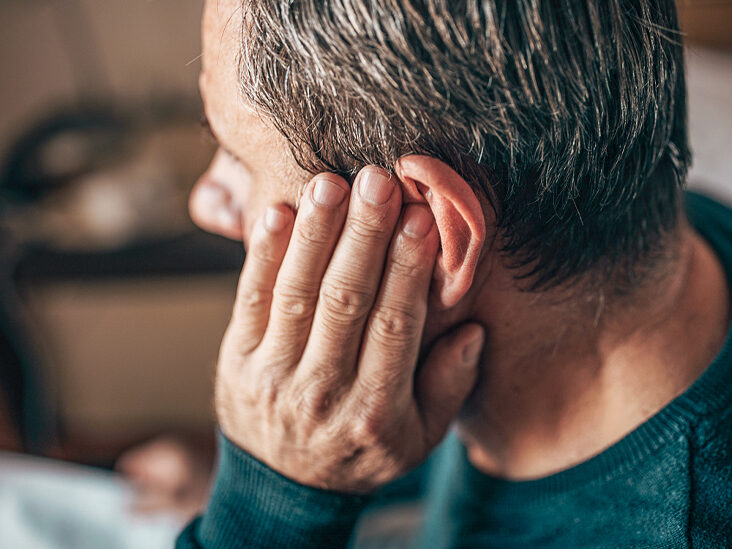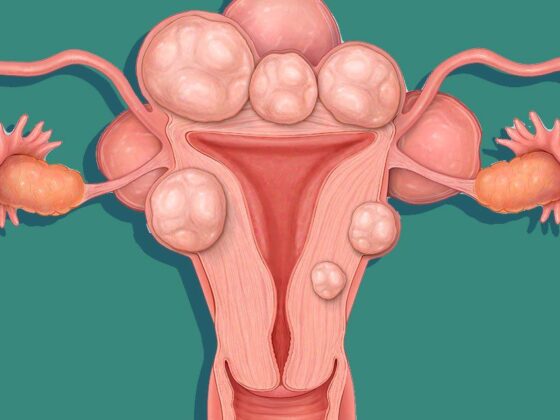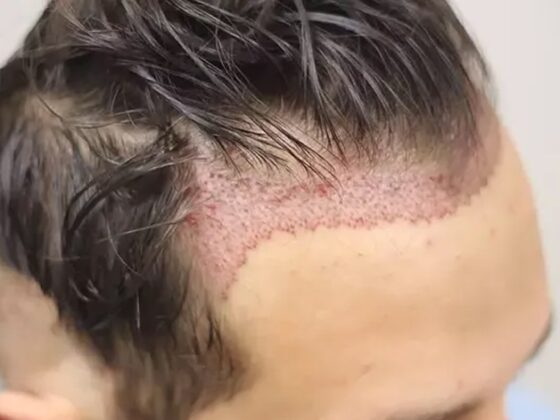Persons of all ages suffer concussions- a minor traumatic brain trauma triggered by a blow or quick movement of the head, such as during a car accident or contact sports. While a doctor should investigate all suspected brain injuries, concussion symptoms usually go away on their own after several days without therapy. Sometimes, though, concussions could prompt lingering effects, including dizziness and headaches. These symptoms, commonly known as ‘post-concussion syndrome,’ can last months or even years after a concussion. Check out this post to discover some signs you should watch out for if you or your kid suffers a concussion San Diego.
1. Lingering Headache

In the immediate aftermath of a concussion, a headache is common. Nonetheless, an aching head that lasts over a week could signify post-concussion syndrome. These headaches may feel like a migraine or tension headaches, with discomfort ranging from strong or light. A medical professional should check for any headache that persists after a concussion.
2. Ringing in the Ears
Concussions are sometimes referred to as ‘having your bell rung,’ and understandably so. These traumas can trigger ringing in your ears. However, if you or your child realizes hearing disturbances or ear sounds 10 days or longer after a concussion, it is time to see a doctor.
3. Light Or Sound Sensitivity

Whenever someone has just suffered a concussion, they frequently want nothing more than to lie down in a quiet, dark area. This sensitivity to sound or light should lessen as the brain heals, but what if it does not? Report this symptom to your healthcare professional for additional assessment if you or your kid becomes uncomfortable or irritated when exposed to sound or light weeks after a concussion.
4. Concentration Issues

The brain matter within the skull is jostled during a concussion. Thus, it is no wonder that many people feel temporary confusion following the injury. Rest, the most frequent concussion therapy usually clears up cognitive problems. However, if you have trouble concentrating in the weeks after a concussion, ensure you inform your healthcare professional.
5. Amnesia

Do not believe the notion that memory loss only occurs after a serious concussion that renders you unconscious. In reality, any brain trauma might result in temporary amnesia. However, weeks after a concussion, the inability to recall facts, memories, or information may indicate a situation of post-concussion syndrome.
In kids, amnesia may show as an abrupt drop in test-taking abilities. Adults may forget the names of their colleagues or long-standing appointments. See a doctor if you have any lingering amnesia following brain trauma.
6. Dizziness or Vertigo

Vertigo is the sensation that you or your surroundings are spinning. Dizziness or lightheadedness are common symptoms of dizziness. In either case, if these altered balance perceptions persist for over several weeks after brain trauma, it may indicate post-concussion syndrome. Your doctor will help you identify whether your balance issues are because of inner ear damage or a concussion caused by the trauma.
The brain is a crucial organ that regulates everything from the head to the toes. Whereas this implies that it requires the highest level of protection to avoid harm, sometimes injuries are unavoidable.


